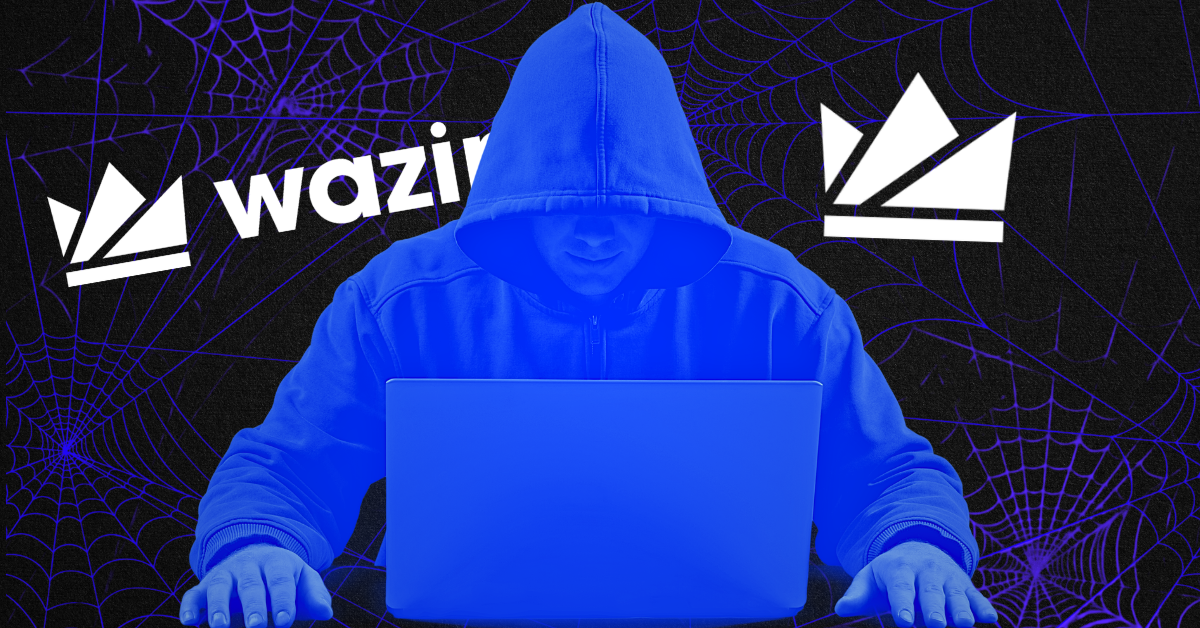India Crypto Exchange WazirX to Resume Withdrawals Next Week
23.08.2024 20:00 2 min. read Alexander Stefanov
WazirX, one of India's leading cryptocurrency exchanges, has announced a key update regarding user withdrawals and its response to the recent cyberattack.
The platform, which suffered a significant breach on July 18 resulting in the theft of $230 million in ERC-20 tokens, had previously suspended all withdrawals and trading. According to the latest update, WazirX plans to begin resuming INR withdrawals next week.
Starting August 26, 2024, WazirX will gradually lift the suspension on INR withdrawals. This phased approach follows a careful evaluation of user feedback and the current situation. The exchange has assured users that the INR reserves, managed by Zanmai Labs Pvt Ltd, remain secure.
However, WazirX has clarified that not all INR balances will be available immediately. Approximately 34% of these funds are frozen due to ongoing investigations by law enforcement agencies, but these frozen amounts are not linked to any actions by Zanmai Labs, which is not a target of the investigations.
From August 26 to September 8, 2024, users will be able to withdraw up to half of the available 66% of their INR balances. Between September 9 and September 22, 2024, users will then be able to withdraw the full 66% of their INR balances.
Additionally, WazirX is reducing its withdrawal fees by 60%, lowering them from INR 25 to INR 10 to ease the withdrawal process as users regain access to their funds.
-
1
Key Crypto Events to Watch in the Next Months
20.07.2025 22:00 2 min. read -
2
USA Imposes Tariffs on Multiple Countries: How the Crypto Market Could React
08.07.2025 8:30 2 min. read -
3
UAE Regulators Dismiss Toncoin Residency Rumors
07.07.2025 11:12 2 min. read -
4
Ripple Selects BNY Mellon as Custodian for RLUSD Stablecoin Reserves
09.07.2025 15:28 2 min. read -
5
Majority of U.S. Crypto Investors Back Trump’s Crypto Policy, Survey Finds
05.07.2025 18:09 2 min. read
Why Most Americans Still Avoid Crypto Despite Growing Adoption
Cryptocurrency ownership in the U.S. has grown steadily over the past few years, but it remains far from widespread.
Two Upcoming Decisions Could Shake Crypto Markets This Week
The final days of July could bring critical developments that reshape investor sentiment and influence the next leg of the crypto market’s trend.
Winklevoss Slams JPMorgan for Blocking Gemini’s Banking Access
Tyler Winklevoss, co-founder of crypto exchange Gemini, has accused JPMorgan of retaliating against the platform by freezing its effort to restore banking services.
Robert Kiyosaki Warns: ETFs Aren’t The Real Thing
Renowned author and financial educator Robert Kiyosaki has issued a word of caution to everyday investors relying too heavily on exchange-traded funds (ETFs).
-
1
Key Crypto Events to Watch in the Next Months
20.07.2025 22:00 2 min. read -
2
USA Imposes Tariffs on Multiple Countries: How the Crypto Market Could React
08.07.2025 8:30 2 min. read -
3
UAE Regulators Dismiss Toncoin Residency Rumors
07.07.2025 11:12 2 min. read -
4
Ripple Selects BNY Mellon as Custodian for RLUSD Stablecoin Reserves
09.07.2025 15:28 2 min. read -
5
Majority of U.S. Crypto Investors Back Trump’s Crypto Policy, Survey Finds
05.07.2025 18:09 2 min. read

